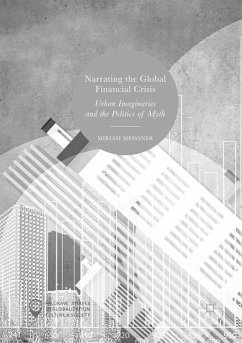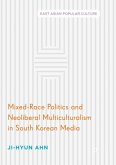This book analyzes how the Global Financial Crisis is portrayed in contemporary popular culture, using examples from film, literature and photography. In particular, the book explores why particular urban spaces, infrastructures and aesthetics - such as skyline shots in the opening credits of financial crisis films - recur in contemporary crisis narratives. Why are cities and finance connected in the cultural imaginary? Which ideologies do urban crisis imaginaries communicate? How do these imaginaries relate to the notion of crisis? To consider these questions, the book reads crisis narratives through the lens of myth. It combines perspectives from cultural, media and communication studies, anthropology, philosophy, geography and political economy to argue that the concept of myth can offer new and nuanced insights into the structure and politics of popular financial crisis imaginaries. In so doing, the book also asks if, how and under what conditions urban crisis imaginariesopen up or foreclose systematic and political understandings of the Global Financial Crisis as a symptom of the broader process of financialization.
"Narrating the Global Financial Crisis provides a searching, theoretically sophisticated critical account of different discursive constructions of the global financial crisis ... in media and popular culture. ... Narrating the Global Financial Crisis is beautifully bound, formatted and illustrated, in full colour. In providing vivid analyses of diverse cultural representations of finance, informed by cultural and urban theory, it is essential reading for scholars interested in the nexus of economics and culture, and represents an exemplary work of interdisciplinary criticism." (Simon Ferdinand, Urban Studies, September, 2018)








